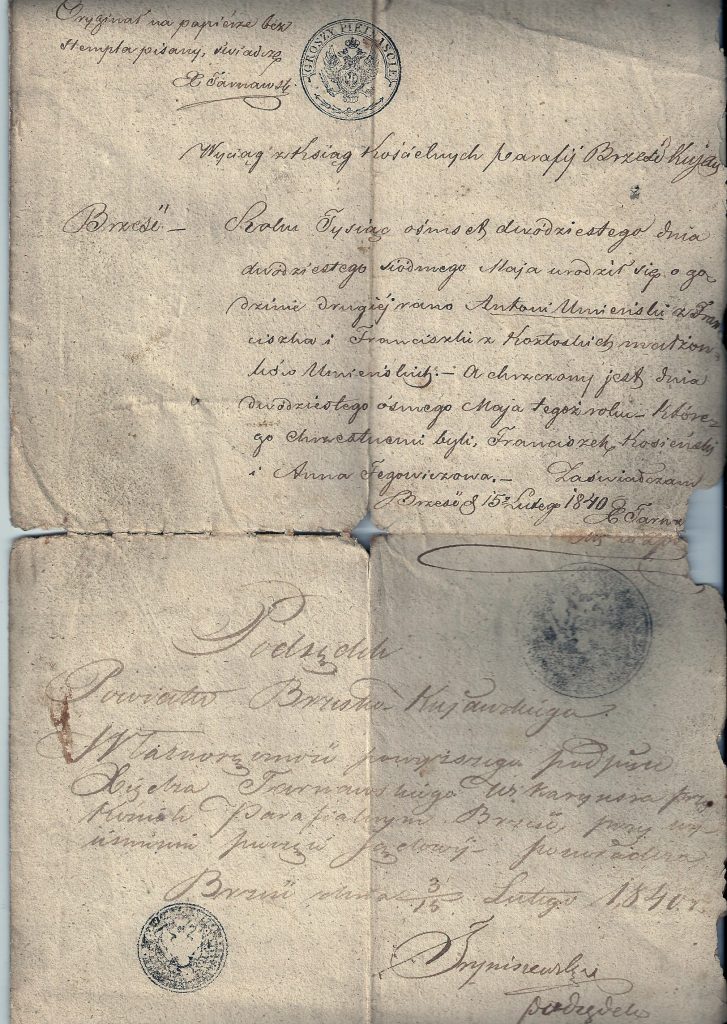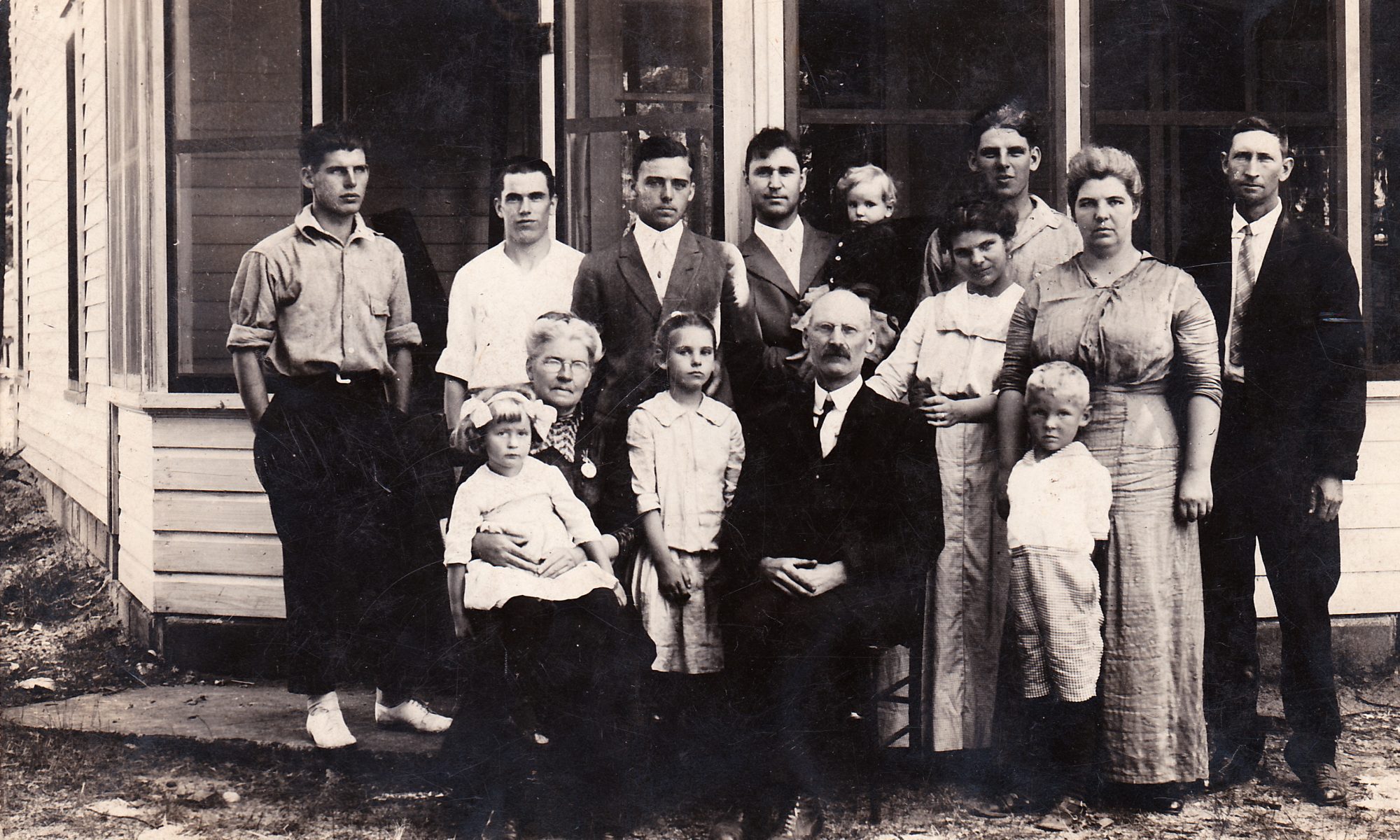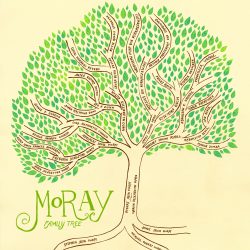This is the story of the first “Kornaszewski”. Or at least, the first one in my family. This is the story of how Antoni Umienski became Walenty Kornaszewski. My 3rd great grandfather, Walenty Kornaszewski, married my 3rd great grandmother, Marta Marcella Piechochowska, in the Catholic parish of Strzelno, in Poland, in 1843. But the same man was born 23 years earlier as Antoni Umienski. Antoni was born on May 27, 1820, the son of Franciszek Umienski and Franciszka Kozloska. The Umienski family was one of minor nobility, in Polish known as the “szlachta”. Family lore says that a distant cousin of Franciszek was Jan Nepomucen Umiński, a famous Polish general who took part in the November Uprising.

Being a member of the nobility and living in the Russian partition, young Antoni was sent to an Imperial Russian cadet corps, a military school designed to educate and train officers in the Russian military. One day when Antoni was about 18 years old (circa 1838), one of the instructors made a disparaging remark about Poland, and Antoni, who had a reputation for being hot-tempered, hit the officer in the face. The punishment for this transgression was severe; the Umienski family was on track to be banished to Siberia. Antoni, however, ran away and escaped to the Prussian partition of Poland, while his parents immigrated to Paris, and their estates were confiscated. As part of his plan to avoid detection and punishment by the Russians, Antoni changed his name to “Walenty Kornaszewski” in any official documents, such as his marriage to my 3rd-great-grandmother, Marta. He may have even stolen this identity from a dead man. But he then passed along the Kornaszewski surname to his descendants, who never changed the name back.

After reaching the Prussian partition, Antoni…now Walenty, settled on an estate bought by his great aunt in the village of Chełmiczki, located between Inowroclaw and Wloclawek. The village was just across the border from the Russian Partition, and in the 1863 “January Uprising”, a rebellion by native Poles against the Russian government, Walenty offered aid to the rebels. Walenty, however, drank heavily, and his (mis)management of the estate led to its economic decline. Eventually he sold the estate, bought a house in Strzelno, and became a mason, which he enjoyed much more than managing a farm.

By 1843, Walenty Kornaszewski married Marta, and on December 7 of that year, they had their first child, Antoni Ambroży, baptized in the Parish of Strzelno. On the 26 of May, 1845, my great-great-grandfather, Władysław Filip Kornaczewski was born. Elżbieta on the 7 of November 1847, Waleria, 5 August 1850, and Wincenty Bonifacy, 5 July 1852. It seems only Władysław and Elżbieta lived to adulthood, and Marta died sometime between 1852 and 1854, when Walenty married his third wife, Francisca Pawłowska. With Francisca he had five more children: Julian (4 Jan 1855), Wacław (4 Aug 1856), Ignatius, Józefat, Anna, and Kazimiera (19 Feb 1860). Wacław’s daughter Wiktoria told the story of her grandfather Antoni/Walenty in her diary and through letters to family members, which is how it comes down to me. Francisca died in 1872, and Walenty in 1888. Walenty’s son, Władysław, immigrated to the United States with his family in the late 1800s, and settled in Chicago, Illinois, and eventually shortened the stolen name down even further to just “Korn”. My mother’s Korn relatives had a family legend that Władysław was the head groundskeeper at one of Kaiser Wilhelm’s estates (which, is not true, as far as I can tell). And some of his children’s baptism records in Chicago list his name as “von Kornaszewski”, possibly indicating German nobility. I now believe that both of these probably stem from his father’s Umienski origins.

